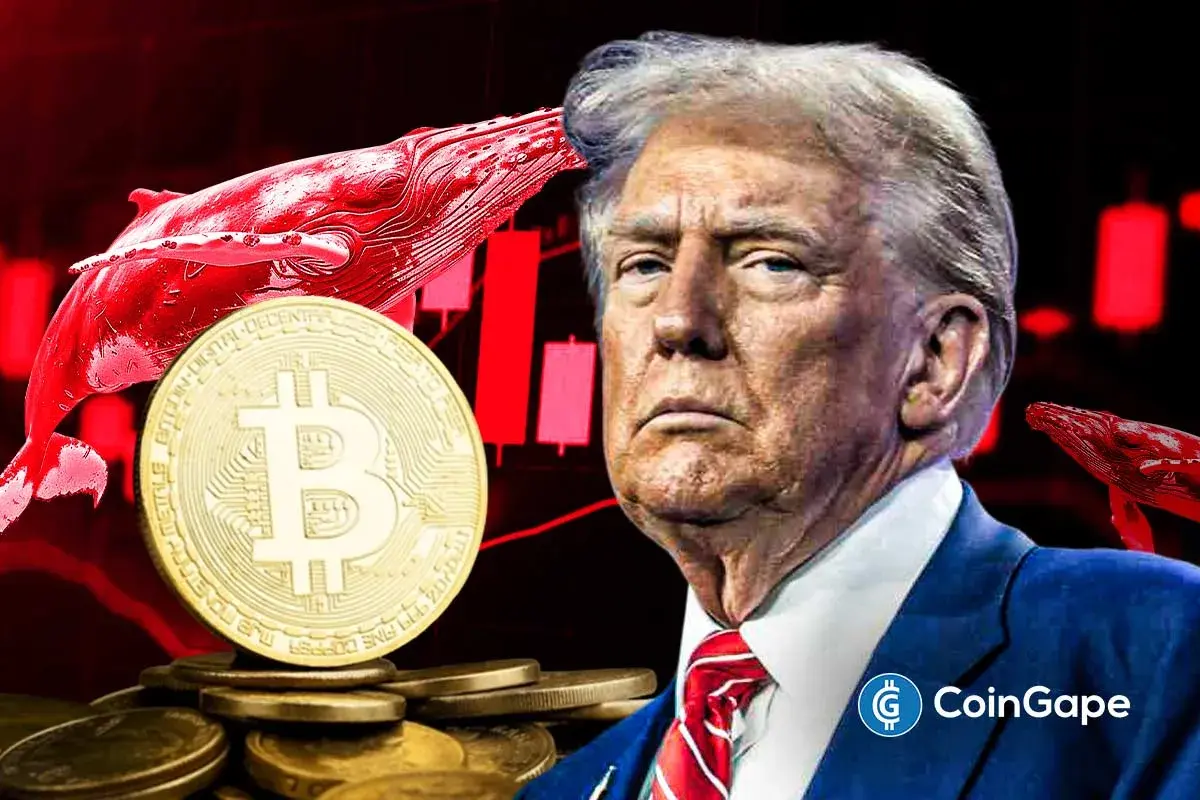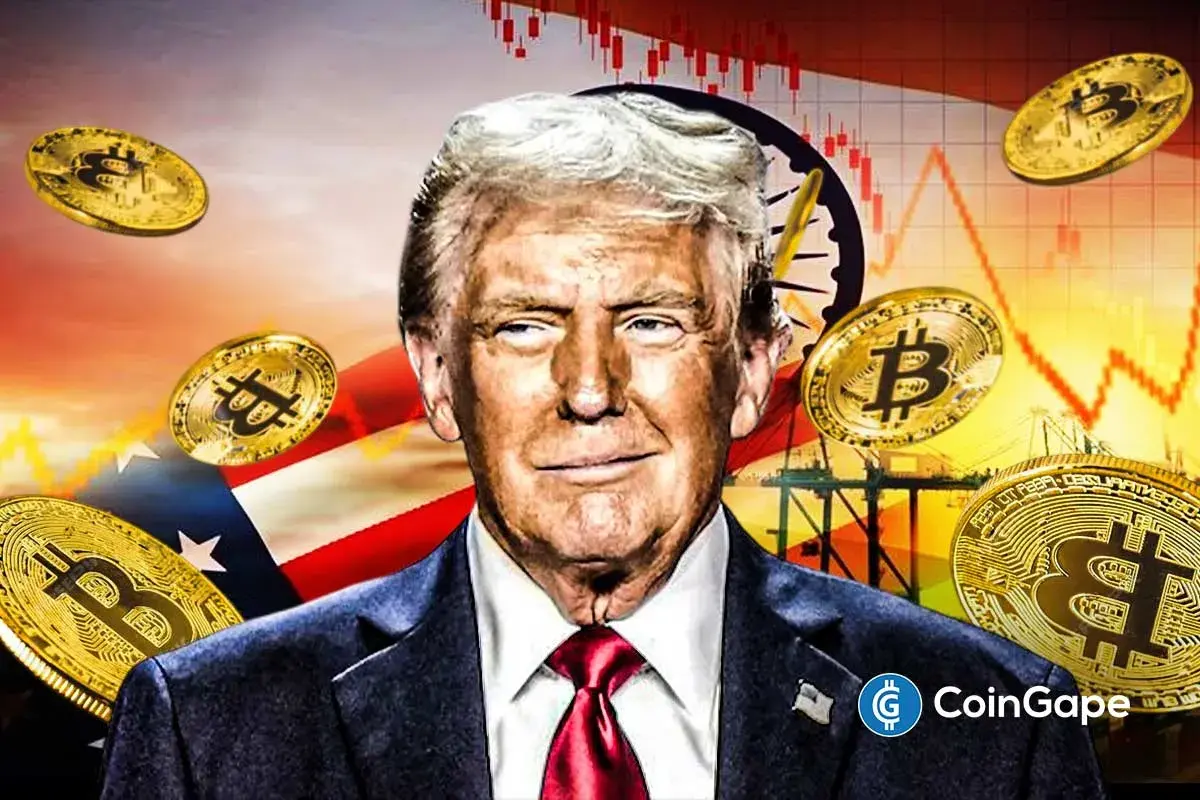Australia Likely to Make Cryptocurrencies Key Part of Country’s Financial System

Australia is all keen on letting cryptocurrencies become an inherent part of the country’s financial system. Jane Hume, the Minister for the Digital Economy recently made positive comments in favor of digital assets while speaking at the AFR Super and Wealth Summit.
Hume stated that cryptocurrencies ‘are not a fad’ while adding that they are ‘not going away any time soon’. She compared the current crypto market conditions to that of the early internet era of the 1990s. ‘Don’t be the person in 1995 who said the internet was just a place for geeks and criminals and would never become mainstream,’ Ms. Hume said.
Interestingly, the recent comment from the Australian lawmakers came a week after Tony Richards, the Reserve Bank head of payments policy, said that global regulators are ‘skeptical’ on the use of digital assets.
A recent Senate inquiry found out that nearly 17 percent of the Australian population have invested in crypto. Dr. Richards, however, was curious about how the widely used cryptocurrencies were held.
Jane Hume Backs Growth In DeFi
Decentralized Finance (DeFi) as we know is growing tremendously while cutting down the need for traditional banks, brokerages or exchanges. It entirely relies on blockchain technology to complete financial transactions in a decentralized manner.
Backing the DeFi developments, Ms. Hume said that we must ‘forge our own trail’ on blockchain-based decentralized finance (DeFi). The minister added:
“Decentralised finance underpinned by blockchain technology will present incredible opportunities – Australia mustn’t be left behind by fear of the unknown. If the last 20 or 30 years have taught us anything, it’s that all innovation begins as disruption and ends as a household name.”
She also praised one of Australia’s largest banks CommonWealth Bank to allow its customers to use Bitcoin and other cryptocurrencies through its 6.5-million-user banking app.
Australia has recently initiated some pro-crypto measures. Australia’s securities regulator ASIC recently approved the spot ETFs for Bitcoin and Ethereum. On the other hand, Australia’s parliamentary committee has also set up fresh guidelines to push the use of digital assets.
- Will Bitcoin Crash Again as ‘Trump Insider’ Whale Dumps 6,599 BTC
- XRP News: Ripple’s RLUSD Gets Boost as CFTC Expands Approved Tokenized Collateral
- Crypto Markets Brace as Another Partial U.S. Government Shutdown Looms Next Week
- $40B Bitcoin Airdrop Error: Bithumb to Reimburse Customer Losses After BTC Crash To $55k
- ETH Price Fears Major Crash As Trend Research Deposits $1.8B Ethereum to Binance
- Cardano Price Prediction as Midnight Token Soars 15%
- Bitcoin and XRP Price Outlook Ahead of Crypto Market Bill Nearing Key Phase on Feb 10th
- Bitcoin Price Prediction as Funding Rate Tumbles Ahead of $2.1B Options Expiry
- Ethereum Price Outlook as Vitalik Buterin Sells $14 Million Worth of ETH: What’s Next for Ether?
- Solana Price at Risk of Crashing Below $50 as Crypto Fear and Greed Index Plunges to 5
- Pi Network Price Prediction Ahead of PI KYC Validator Reward System Launch
















